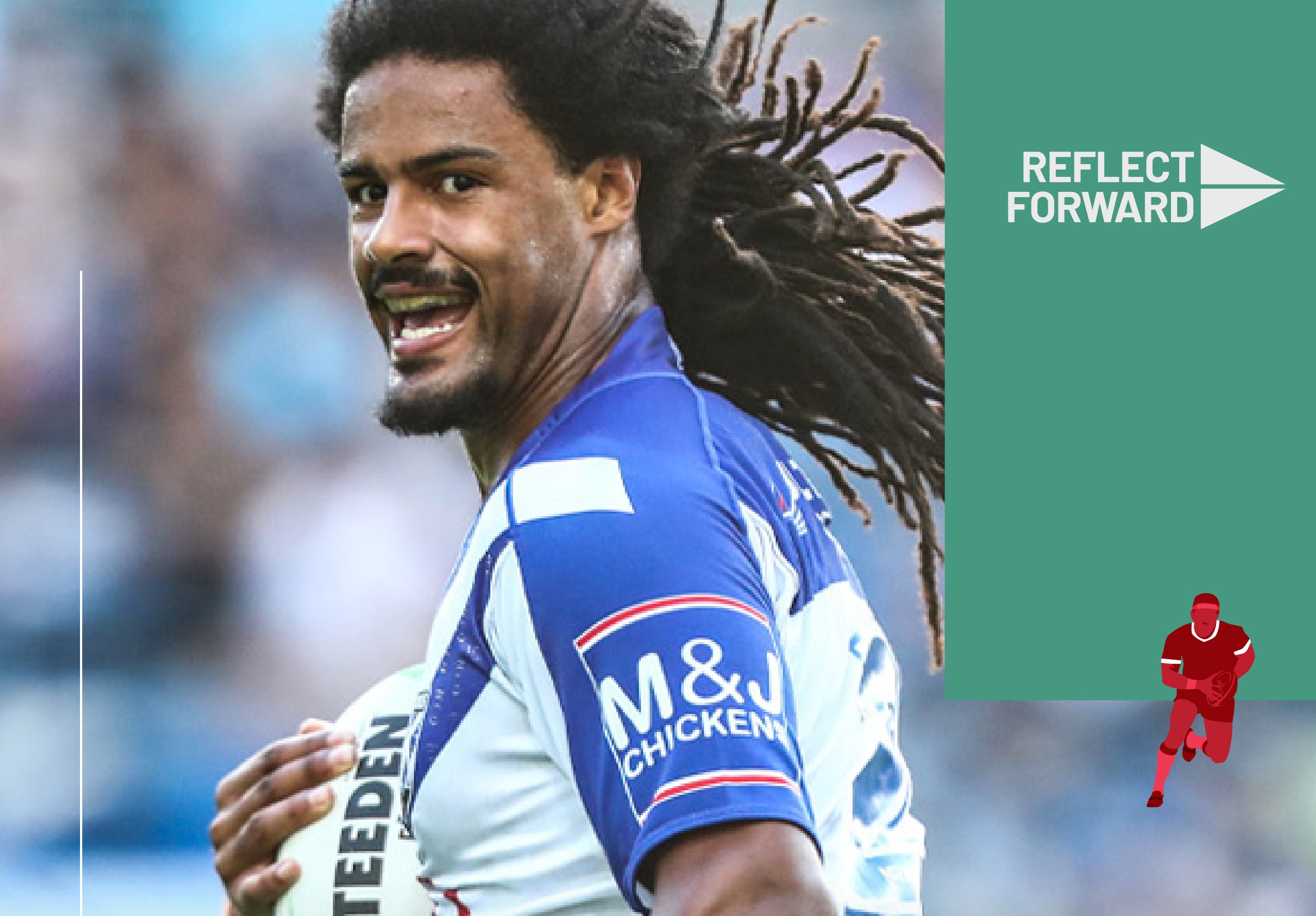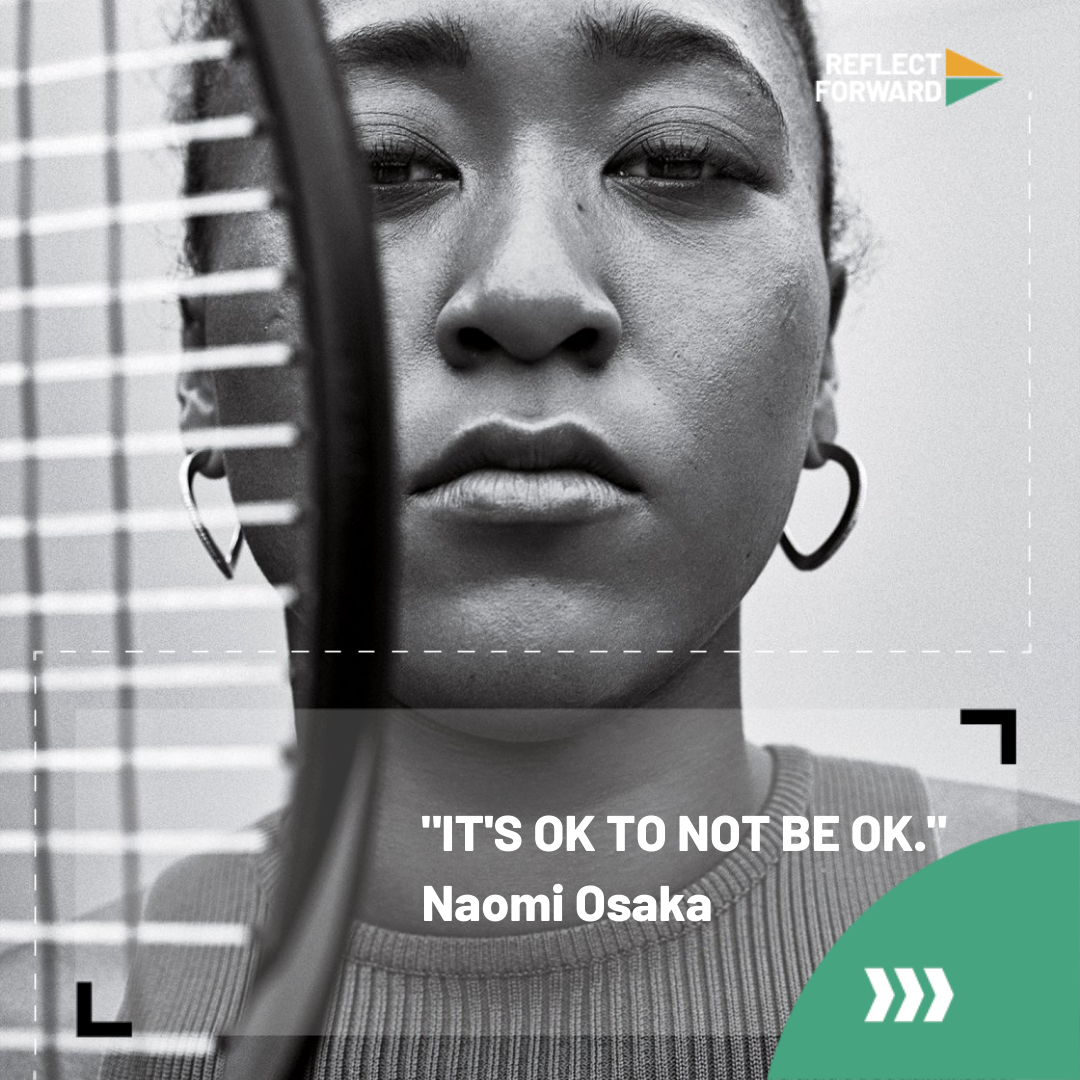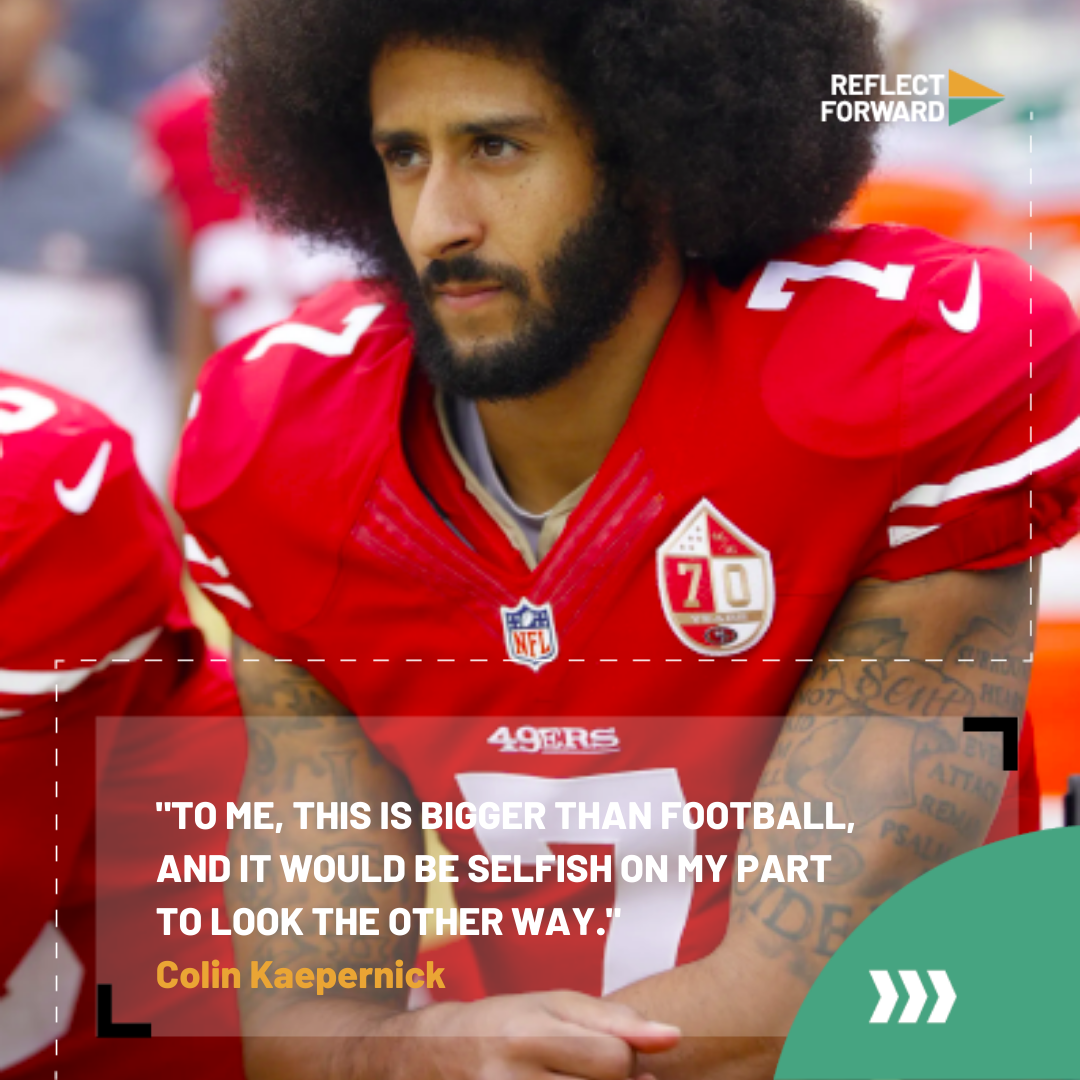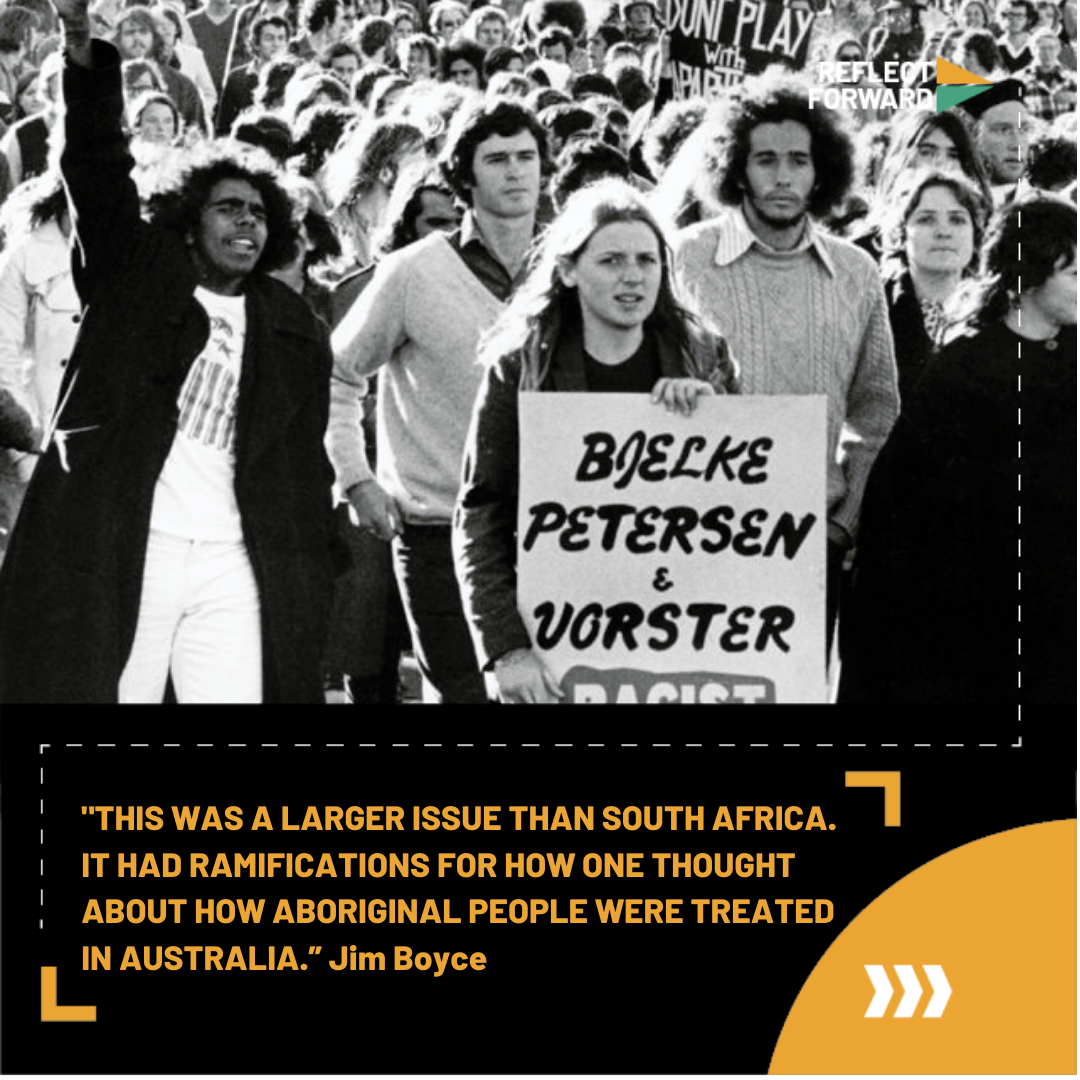Stories & Education
Having a conversation about racism can be daunting. Australia’s professional soccer players share insights to help you feel more confident in approaching conversations on racism.
Online hate is never ok – and yet it is all too common an experience. Professional football players Kusini Yengi of Adelaide United and Bernie Ibini of the Western Sydney Wanderers Football Club share their experiences of calling it out.
We often hear the words ‘equality’ and ‘equity’ used interchangeably. While the two words are related, they have different meanings. And it’s important to understand these differences to help tackle racism in sport – and beyond.
When NRL player Jayden Okunbor spoke out against racist messages on social media, he showed young people that they’re not alone – and that people care and will support them.
Systemic racism runs deep throughout Australian culture and society – but what does it really mean, and how do we go about creating change?
Venus and Serena Williams are not only two of the greatest champions in the game of tennis. The sisters are also champions for racial and gender equality, and have inspired thousands of girls to follow their lead.
Responding to racist comments or incidents can be challenging for everyone – those who directly experience the racism and others present. Here are six ways to help you respond.
Tennis legend Evonne Goolagong Cawley AC, MBE was the first Indigenous Australian woman to achieve international sporting fame – reaching world number one.
One in five people living in Australia have experienced racism - with far reaching consequences on health, wellbeing and life. The physical and mental impacts it takes on people are significant and need to be widely understood to drive the eradication of racism.
Tennis star Naomi Osaka withdrew from the French Open to take care of her mental health. Her move shone an empowering light on prioritising mental health.
Race is one of those topics that often divides people. Maybe you’ve seen this first-hand in the sport you love. Whether it’s rugby, footy, soccer, tennis, netball, basketball – any sport across Australia.
Colin Kaepernick is a civil rights activist and former NFL player whose bravery inspired awareness and activism around the world in speaking out against racial injustice.
In Australia, the identities of First Nations people run far deeper than skin colour. But having your identity questioned, because you do not “look like” the outdated stereotype, is a common experience shared by many.
Former rugby union athletes Lloyd McDermott and The Wallaby Seven played a pivotal role in the international anti-apartheid campaign, and built public momentum to fight racial injustice.
Athletes and sports around the world use symbolic gestures to highlight racial injustice - from taking a knee to dropping the term ‘Australia Day’. Here we take a look at the origin, meaning, and impact of these stands against racism.
US sprinters Tommie Smith and John Carlos raised their fists on the world stage at the 1968 Olympics - it would become one of the most influential protest images of all time.
Social media can be a place for us to connect, learn and support one another. But things can also get ugly, hateful, and hurtful. It can be a frightening, isolating place to find yourself in or witness, and the consequences can be devastating.
Basketball star Thon Maker is a part of the growing South Sudanese-Australian basketball community making waves and inspiring others to follow.
What is the role for athletes when it comes to racism? In this article we explore how athletes can be a means for change - influencing the next generations and setting examples for everyone else in sport. The role of sport is crucial in helping educate a wide range of people.
In Australia, more athletes, sporting bodies and clubs than ever before are throwing their support behind the growing movement to change the date of Australia Day from 26 January.
Everyone’s heard a racist joke in their life - have you seen people react differently to them before? Some would say that the intention of the joke wasn’t mean to harm or offend but just some banter. In this article we explore that concept and how jokes impact racism.
It can be a hard thing to do, but sometimes questioning the very belief system and values that you were brought up on can provide a perspective that you hadn’t considered before. It’s not about what’s ‘better’ or ‘worse’ - it’s about perspective and understanding.





















